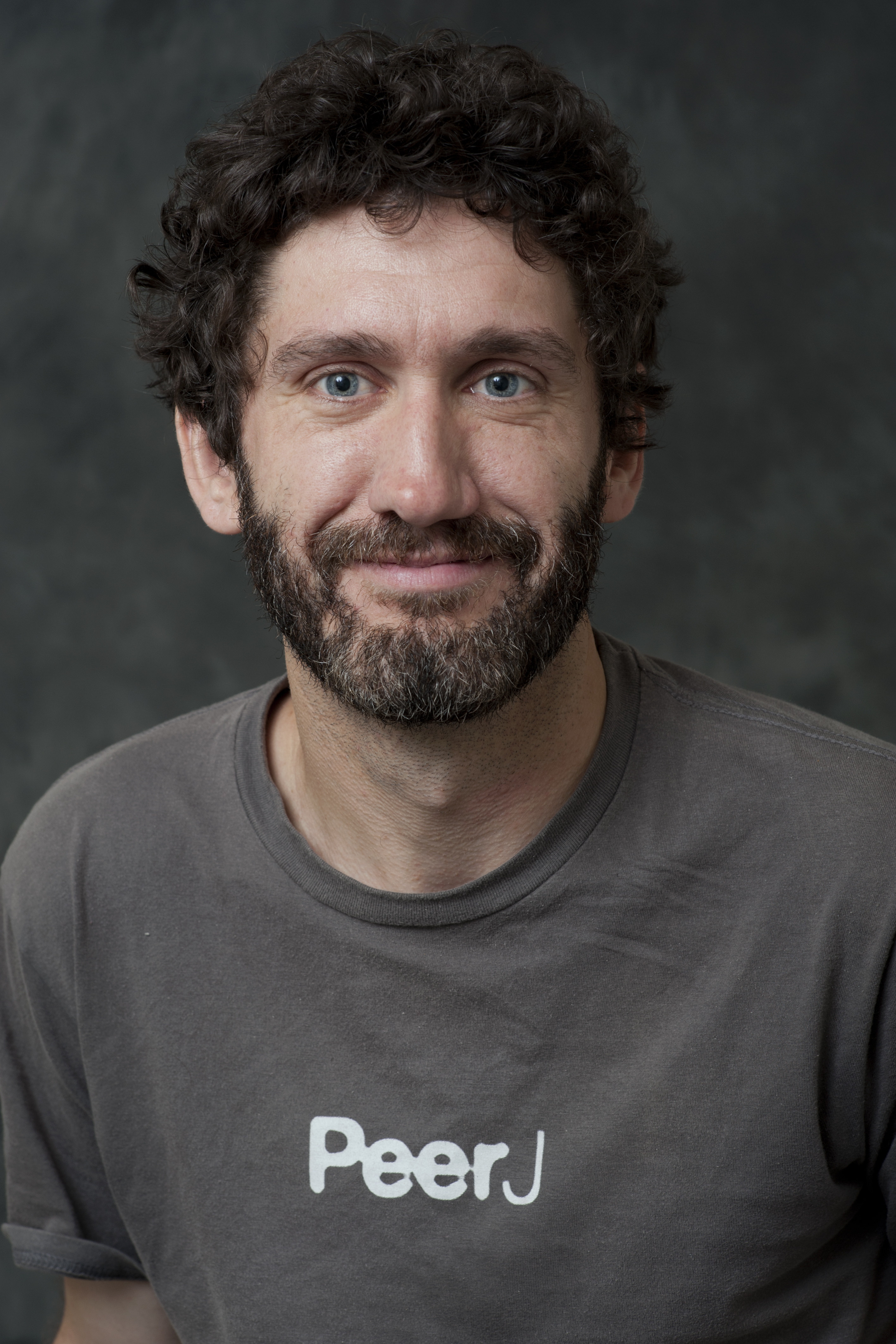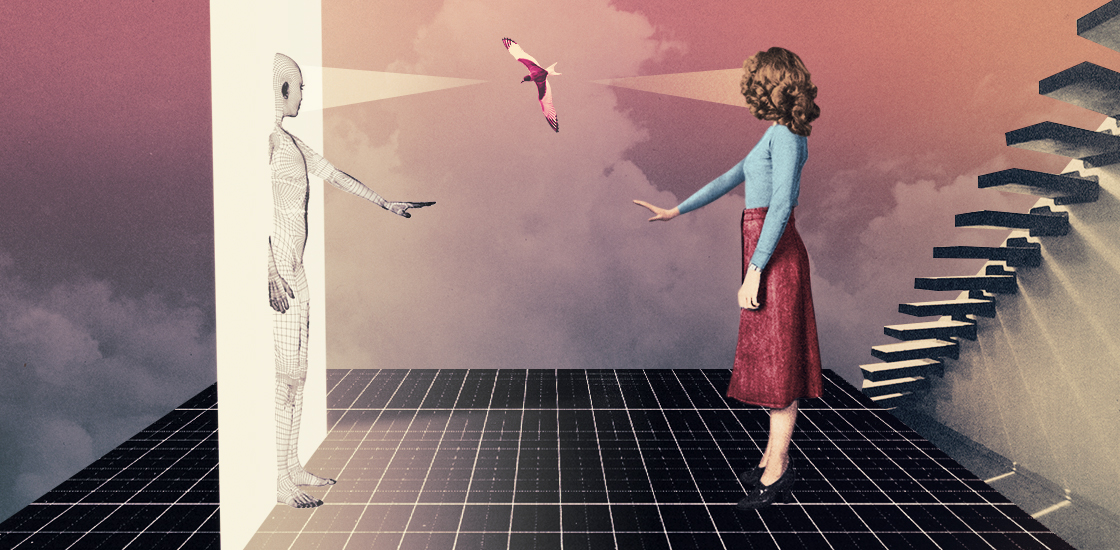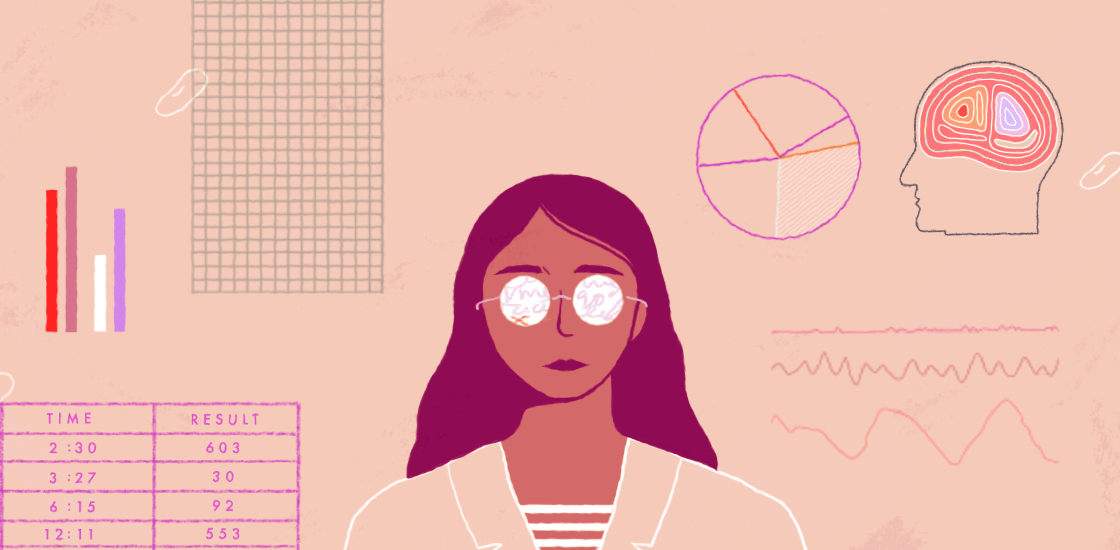Jon Brock is a former autism researcher who is now a science writer, medical grant writer and co-founder of Frankl Open Science.

Jon Brock
Research fellow
Macquarie University
From this contributor
Virtual reality yields clues to social difficulties in autism
Assessing social ability in adults with autism requires controlled tests involving real-time social interactions. Virtual reality makes this possible.

Virtual reality yields clues to social difficulties in autism
Quest for autism biomarkers faces steep statistical challenges
Finding a difference between people with and without autism is only the first step toward identifying a clinically useful marker of the condition.
The elusive essence of autism
Researchers must make heterogeneity in autism the object of their investigation, rather than treating it as an excuse for inconsistent results or an inconvenience in their quest to understand the disorder’s essence, argues Jon Brock.
Registered reports
The more researchers poke around, the more likely they are to find a significant effect — and the more likely that the effect they end up reporting is just a fluke. A new kind of journal article, the 'registered report,' may address this problem, says Jon Brock.
Six questions for connectivity theory research
'Underconnectivity' is considered one of the best-supported theories for the neural basis of autism. But many questions remain unanswered, says Jon Brock.
Explore more from The Transmitter
Shifting neural code powers speech comprehension
Dynamic coding helps explain how the brain processes multiple features of speech—from the smallest units of sounds to full sentences—simultaneously.

Shifting neural code powers speech comprehension
Dynamic coding helps explain how the brain processes multiple features of speech—from the smallest units of sounds to full sentences—simultaneously.
Astrocytes orchestrate oxytocin’s social effects in mice
The cells amplify oxytocin—and may be responsible for sex differences in social behavior, two preprints find.

Astrocytes orchestrate oxytocin’s social effects in mice
The cells amplify oxytocin—and may be responsible for sex differences in social behavior, two preprints find.
Neuro’s ark: Spying on the secret sensory world of ticks
Carola Städele, a self-proclaimed “tick magnet,” studies the arachnids’ sensory neurobiology—in other words, how these tiny parasites zero in on their next meal.

Neuro’s ark: Spying on the secret sensory world of ticks
Carola Städele, a self-proclaimed “tick magnet,” studies the arachnids’ sensory neurobiology—in other words, how these tiny parasites zero in on their next meal.

